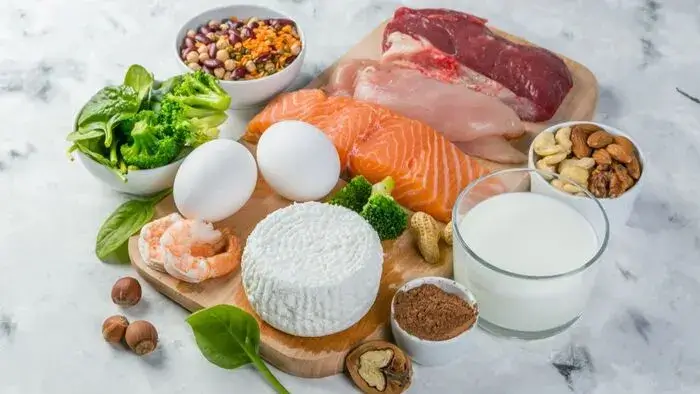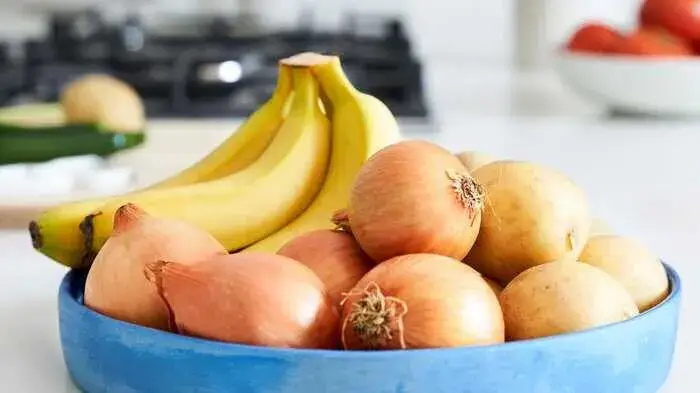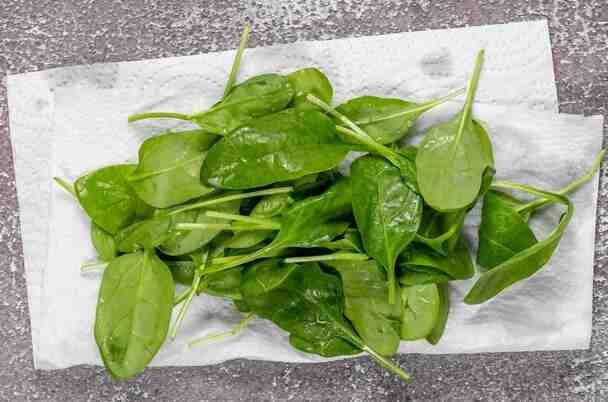What to eat to increase protein intake

Our body needs protein to make cells strong and create new cells. And these protein needs must be met through regular food. In particular, we must include protein-rich foods in our regular diet.
Nutritionists say that at least 20 to 30 percent of the daily requirement should be met from protein. The amount of protein is very important in a diet to lose weight.
Losing weight quickly depends a lot on how much protein you add to your diet. Including high-protein foods in your diet can suppress your appetite and increase your ability to burn fat. Find out which foods are high in protein.
Egg : One egg contains about 6 grams of protein. Eggs also keep you full, which reduces overall calorie intake. Studies show that eating eggs for breakfast can help you lose weight and control your appetite.
Chicken: Another protein-rich food is chicken breast. It is low in fat and high in protein. 100 grams of food contains about 31 grams of protein.
Greek yogurt: Greek yogurt is an excellent source of calcium, probiotics, and protein. One cup contains about 20 grams of protein. The probiotics in it aid in digestion and maintain good gut health.
cottage cheese: You can eat cottage cheese to get protein. Each cup of cheese contains about 28 grams of protein. Cottage cheese is digested slowly and keeps the stomach full for a long time. Cottage cheese is one of the best sources of calcium, which helps in metabolism and weight loss.
Sea fish: Sea fish like salmon are rich in protein. 100 grams of salmon contains 25 grams of protein. In addition, eating sea fish is good for the heart and brain.
chickpeas: Another excellent source of protein is chickpeas. Each half cup of chickpeas contains 7 grams of protein.
Lentils: Lentils contain about 18 grams of protein per cup. They are also high in fiber, which aids in digestion, improves gut health, and helps with weight loss by keeping you full for longer.
Tuna fish : Tuna is high in protein, along with omega-3 fatty acids, which are essential for heart health. 100 grams of canned tuna provides 29 grams of protein.
Nuts: Almonds, walnuts, and pistachios are a great source of high-quality protein, as well as healthy fats and fiber. A handful of almonds contains about 6 grams of protein. However, almonds are also high in calories, so don't overeat.
Chia seeds: Chia seeds are rich in protein, fiber, and omega-3 fatty acids. 2 tablespoons of chia seeds contain about 4 grams of protein.







